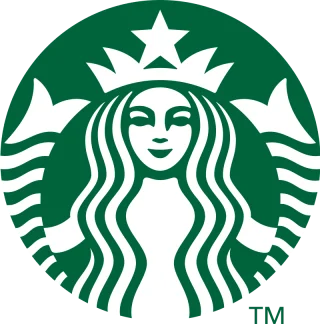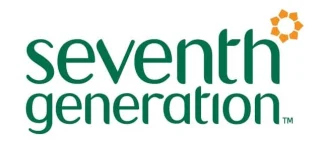Nature and biodiversity loss
The global economy depends on nature and the services it provides. Ceres works across economic sectors to reverse nature and biodiversity loss by addressing key drivers such as deforestation, pollution, water scarcity and climate change—all in a way that advances justice and equity for communities disproportionately affected by nature loss.

Our work with investors
Our work with companies
Our policy advocacy
Investors
Investors are increasingly aware of the threat that nature and biodiversity loss pose to communities and the economy. Ceres works with investors to address these escalating risks within their own investment strategies and with the companies they invest in.
Nature Action 100
Nature Action 100 is a global investor-led engagement initiative catalyzing greater corporate ambition and action to reverse nature and biodiversity loss. Investors participants engage companies in systemically important sectors to achieve this goal by 2030, thereby reducing mitigating nature-related financial risk and maximizing long-term shareholder value.
Food Emissions 50
Ceres Food Emissions 50 is an investor-led initiative engaging 50 of the highest-emitting food companies in North America to improve emissions disclosures, set ambitious climate targets, and develop their own climate transition action plans in line with the Paris Agreement.
Valuing Water Finance Initiative
The Ceres Valuing Water Finance Initiative is global investor-led engagement initiative to engage companies to value and act on water as a financial risk and drive the necessary large-scale change to protect water systems.
Investor Action on Deforestation
Ceres supports investor action on deforestation and land conversion, including by integrating deforestation into climate- and nature-focused engagements with companies.
Companies
Companies have an economic imperative to protect and preserve the ecosystems they operate in and source from. Nature and biodiversity loss threaten a company's ability to source and produce the goods they sell, and polluting and destroying natural ecosystems also pose severe reputational risks. Ceres works with some of the largest companies to understand and reduce their impact on natural ecosystems and advocate for policies that will help protect nature and biodiversity now and for years to come.
TNFD
Ceres is the convener of the U.S. Consultation Group for the Taskforce for Nature-related Financial Disclosures (TNFD), an initiative that has released recommendations for companies to assess and disclose their nature-related dependencies, impacts, risks, and opportunities.
Ceres Company Network
The Ceres Company Network includes 50 major corporations committed to responsible business leadership by taking action to stabilize the climate, protect water and natural resources, and promote a just and inclusive economy.
Ceres Roadmap 2030
The Ceres Roadmap 2030 presents a vision for sustainable business leadership, including nature and biodiversity loss. It provides a practical 10-year action plan to help companies strategically navigate the new and ever-changing business reality and thrive in the accelerated transition to a more equitable, just, and sustainable economy.
Policy
Leading investors and companies know they need ambitious policies at all levels of government to meet their own nature commitments and ensure future economic resilience. We mobilize investors and companies—and engage with key lawmakers and regulators—to make the economic case for equitable and sustainable policies.
U.S. Farm Bill
The Climate-Smart Agriculture and Healthy Soil Working Group is made up of food and clothing companies pushing for legislative and regulatory solutions. Through the Working Group, Ceres works with companies to pass legislation that equitably invests in farmers and rural communities—including the U.S. Farm Bill.
The FOREST Act
Ceres is advocating for the FOREST (Fostering Overseas Rule of Law and Environmentally Sound Trade) Act, bipartisan federal legislation that would leverage U.S. trade policy to protect global biodiversity and the climate by restricting the importation of foreign products from land that has been illegally deforested overseas.
EUDR
Under the European Union’s Regulation on Deforestation-free Products (EUDR), companies are required to eliminate deforestation and forest degradation from their EU-bound products. We assessed some of the largest global companies on their no-deforestation policies and preparedness for a rapidly changing regulatory environment.


































































































































































Advocate with Ceres
The Ceres Policy Network represents some of the most recognizable brands in the U.S. who have become leading advocates for sustainable policy solutions at both the state and federal levels.
Never miss an alert
Sign up for the latest news and updates from Ceres.
